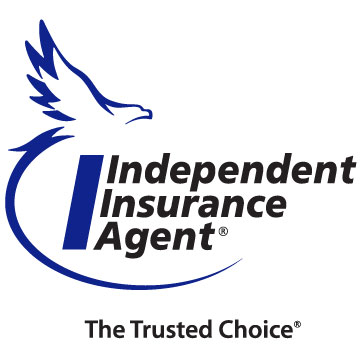Loss Control
What Is Loss Control?
Loss Control is the general term insurance
companies use when talking about safety
recommendations. Most often, these are things like
loose stairs or missing handrails, torn rugs or
carpeting, and overloaded outlets or unsafe use of
extension cords. If your business has cooking, your
hood & ducts, fire suppression systems, and fire
extinguishers would also be considered "loss
control".
After your insurance is bound, the
company may send an inspector out within a few weeks
to give them a better idea of the risk they are
insuring. Sometimes, after the inspector files his
or her report, the company may issue Loss Control
Requirements. These can be mandatory changes you
must make, or some may just be recommended changes
for you to consider.
View
"mandatory" loss control requirements here.
How it Affects You
In recent years, most companies have really
began enforcing the already existing rules regarding
loss control compliance. All companies have these
requirements in their policies, they're standard
language in the policy forms, but some may not
inspect each year, and therefore aren't as diligent
in making you adhere to these rules. If a company
does find that your equipment is past due for
servicing upon inspection, notify you of the need to
get the work performed, and you do not get the
equipment serviced in time, the insurance company
will cancel your insurance.
Why do Insurance Companies Care?
Quite simply, because in the event of a claim,
they want someone to be held accountable, and they
don't want that to have to be you. If your hood &
ducts were just serviced by a licensed contractor,
and a week or month later your establishment has a
fire because of a grease buildup, the insurance
company may choose to litigate against the
contractor. Conversely, if the company stipulates in
your policy that the fire suppression system must be
serviced every six months, and you haven't had yours
looked at in a year, you'd better hope you don't
have a fire. If your equipment is out of compliance
at the time of the loss, your claim is likely to be
denied. The company would likely deem that you were
in violation of the terms of your policy and
therefore you would not have coverage.
Who Sets the Standards?
Maybe you have had coverage refused or cancelled
because you didn't have the right kind of fire
suppression system, or the wrong type of
extinguisher in your kitchen. It's not your
insurance company that actually makes the rules,
they can only control how diligently they enforce
the existing rules on their customers. The governing
body that looks at figures and statistics about
fires and sets the standards is the
National Fire Protection Association. Other
similar organizations are the
National Association of Fire Equipment Distributors
and the
National Fire Sprinkler Association. If you're
interested in learning more about how they set their
guidelines and why, follow the links provided.
Other Information
Watch an interactive tutorial on different types of
fires, and the methods and extinguishers used to
fight them.
Industry definition: What's
the difference between
warming food and cooking food.






